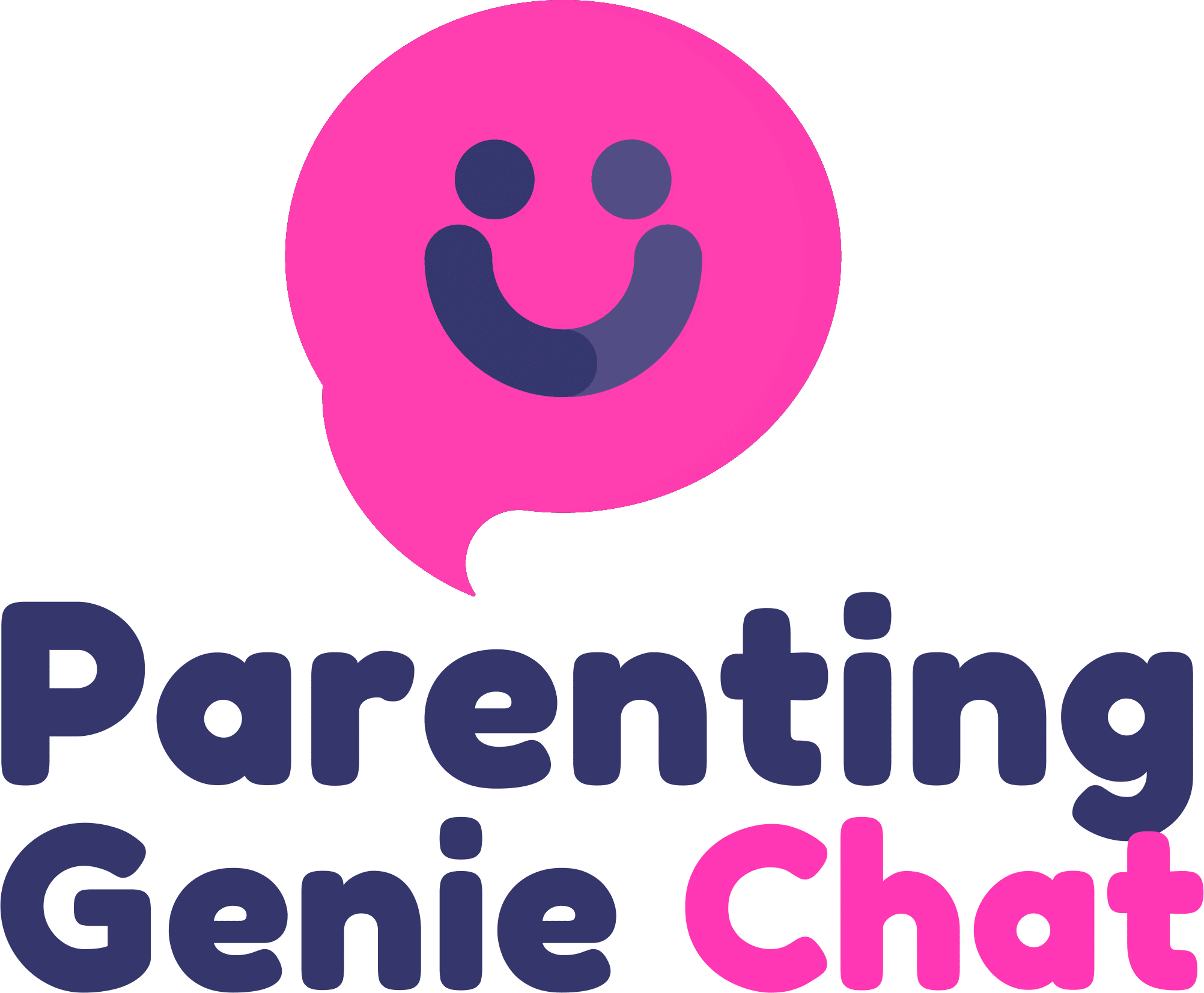

Genie Chat

Genie Chat
The journey into motherhood is often portrayed as a time of joy and bonding, but for some women, it can also bring the unexpected and overwhelming presence of postpartum anxiety (PPA). As the winds of worry and unease sweep in, it’s important to remember that you are not alone. With the right strategies and support, you can weather the storm of postpartum anxiety and find a path to calmer waters.
Understanding Postpartum Anxiety

Postpartum anxiety is a common but often overlooked mental health concern that can affect new mothers. While it’s normal to have some worries when caring for a newborn, postpartum anxiety involves excessive and persistent fears that can interfere with daily life. These fears may range from concerns about your baby’s safety to your ability to care for them adequately. Recognizing the signs and seeking help are essential steps towards regaining a sense of control.
Strategies for Calm: Finding Your Anchor
When the tempest of postpartum anxiety threatens to overwhelm you, it’s important to have a toolkit of coping strategies to turn to. Here are some effective ways to navigate the storm:
Just as you would seek medical care for a physical ailment, seeking professional help for postpartum anxiety is crucial. Mental health professionals can provide guidance, therapy, and even medication if needed. Remember, reaching out for support is a sign of strength, not weakness.
Mindfulness techniques and deep breathing exercises can help you stay grounded in the present moment. These practices can calm your racing thoughts and reduce feelings of panic. Even a few minutes of deep breathing can make a significant difference in how you feel.
Identify the situations, media, or conversations that trigger your anxiety and consider limiting your exposure to them. Creating a calm and peaceful environment can help ease feelings of overwhelm.
Self-care is not a luxury—it’s a necessity, especially when dealing with postpartum anxiety. Carve out time for activities that bring you joy, whether it’s reading, taking a walk, practicing yoga, or indulging in a soothing bath.
Your friends, family, and partner can be invaluable sources of support during this time. Don’t hesitate to communicate your feelings and needs to them. You are not alone in this journey, and your loved ones want to help you find relief.
Virtual Parenting Hub provides a platform to connect with other mothers who have experienced postpartum anxiety. Sharing your experiences, fears, and triumphs with others who understand can provide a sense of validation and camaraderie.
Stories of Triumph: Finding the Light Amidst the Clouds

Through the tumultuous journey of postpartum anxiety, stories of resilience and recovery shine like beacons of hope:
Emily’s Path to Peace:
Emily’s journey through postpartum anxiety was marked by sleepless nights and constant worry about her baby’s health. With the support of her partner and therapist, she gradually learned to challenge her anxious thoughts and replace them with more realistic perspectives. Emily’s story reminds us that recovery is possible with the right tools and support.
Reclaiming Calm: Taking Back Control
Postpartum anxiety may cast a shadow, but it doesn’t have to define your motherhood journey. By implementing coping strategies, seeking professional support, and connecting with a supportive community, you can navigate the storm of postpartum anxiety and find a path to calmer waters.
Subscribe and Connect: Embrace Calmness
Virtual Parenting Hub offers a space to connect, share, and support one another through the challenges of postpartum anxiety. Subscribe today and join a community of mothers who understand the journey you’re on. Together, we can navigate the storm, find our anchors, and reclaim a sense of calm and well-being. Your story matters, and your journey towards healing deserves to be shared and celebrated. Subscribe now and embark on a path of empowerment and support.
Also Read: Coping Strategies for Postnatal Depression: Taking Care of Yourself and Your Baby